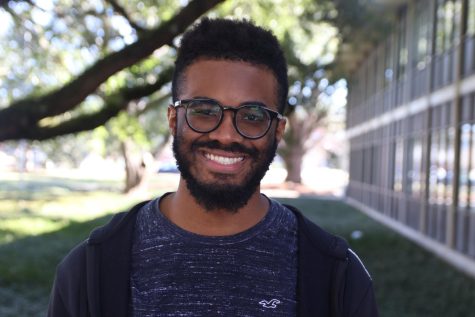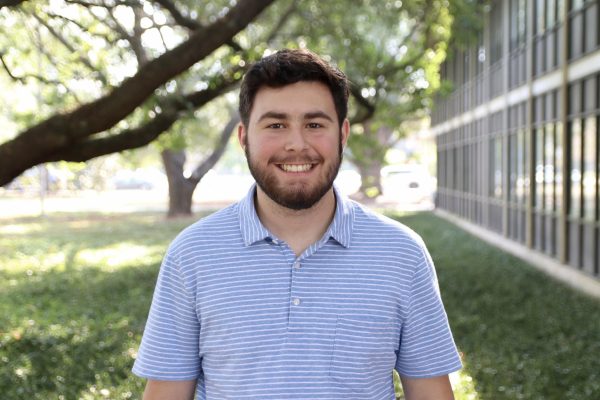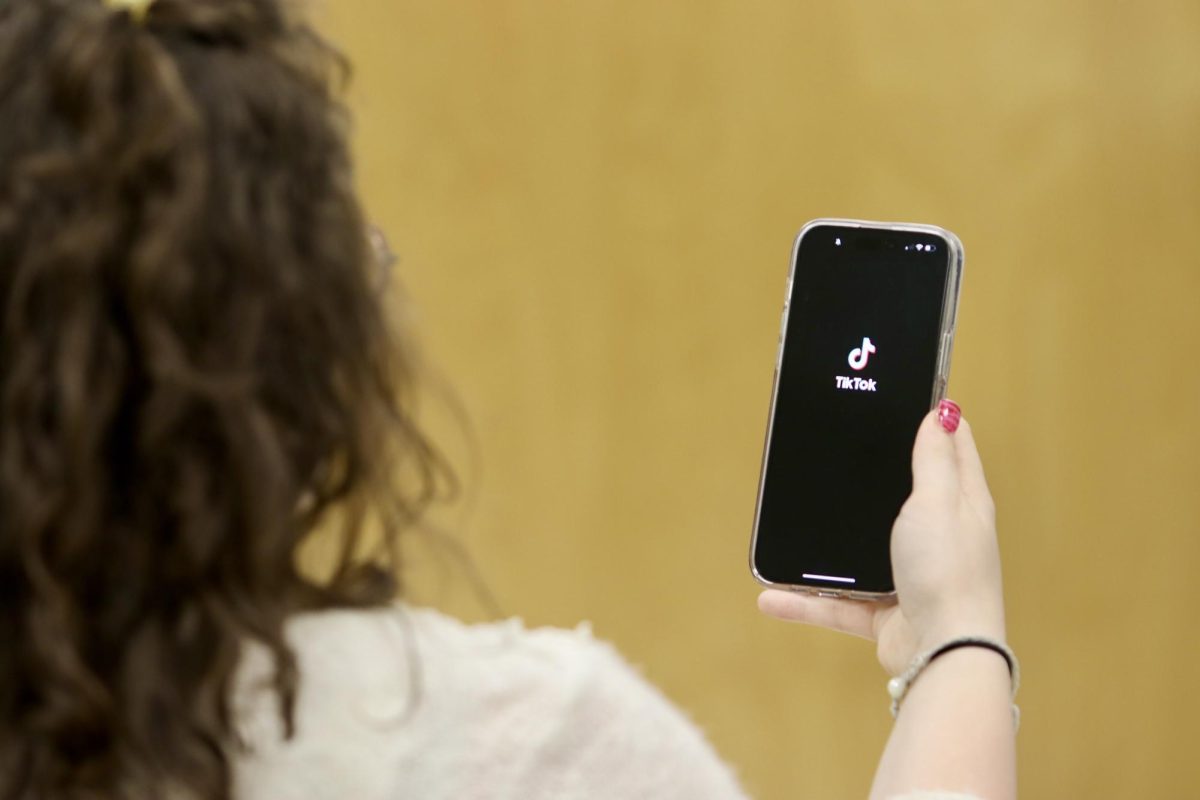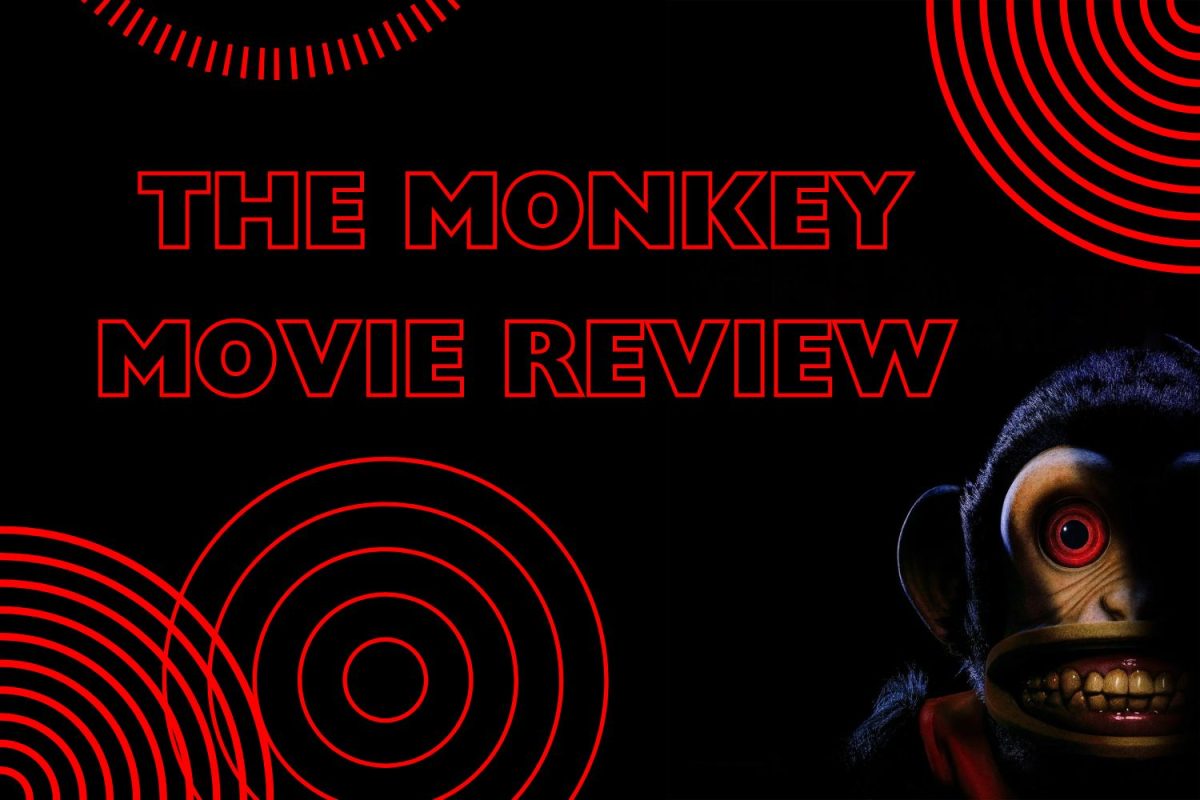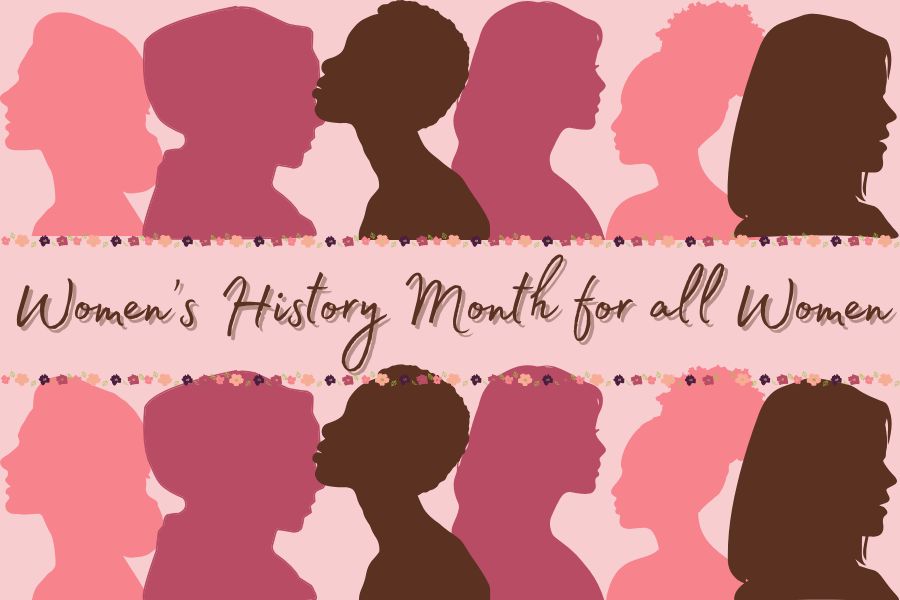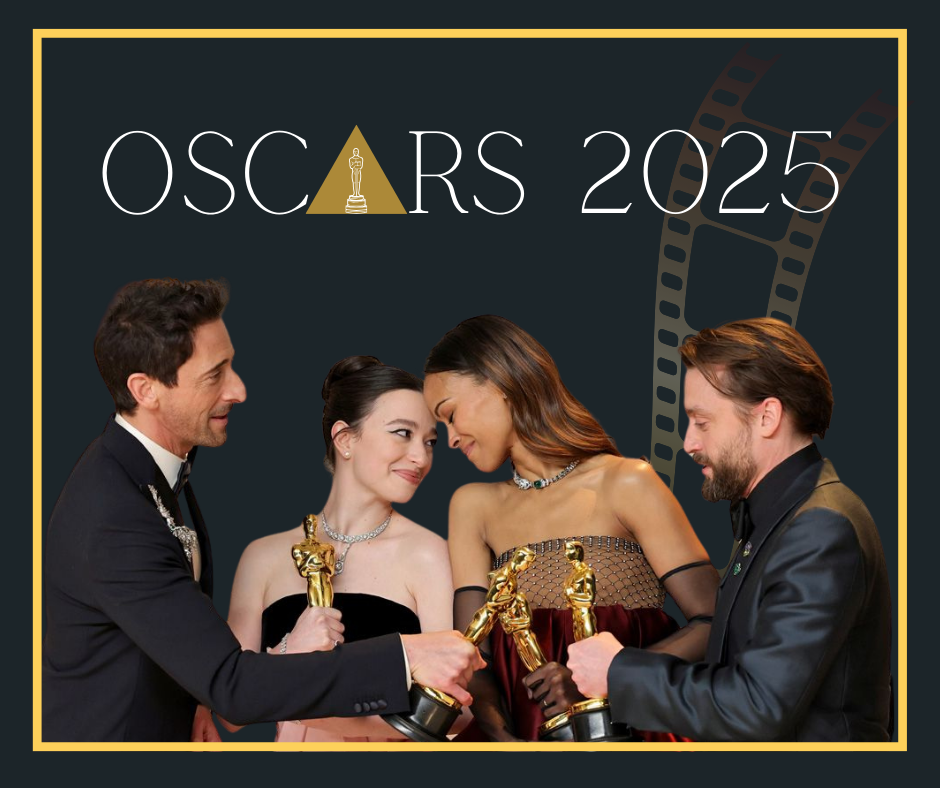Louisiana GOP gubernatorial frontrunner Jeff Landry has refused to participate in the first major gubernatorial debate on Thursday, Sept. 7 because of his opposition to one of the event’s organizers, the Urban League of Louisiana.
In a statement by Kate Kelly, a spokesperson for Landry, he claims the Urban League is “anti-Trump, anti-Second Amendment and soft on crime.”
His actions are supported by the Republican Party of Louisiana, as they have called for all Republican nominees to boycott the debate. This event, as well as Landry’s history of avoiding debates where he has to stand alongside other candidates, GOP or not, is a slap in the face to voters across the state and a major liability for the frontrunner and his party.
Landry would rather completely not show up and proclaim absurd and false accusations than deal with the possibility he would have to answer questions that wouldn’t be favorable to his ideology.
In response to Landry’s refusal to debate, Urban League President Judy Reese Morse said, “The Urban League of Louisiana is proud to be a nonpartisan organization who unapologetically advocates on behalf of Black Louisianans and other underserved communities. Likewise, we stand by our policy prescriptions, both past and present, which are rooted in data and champion a more equitable Louisiana.”
The absence of Landry on stage is yet another instance in an unsettling pattern of GOP candidates dodging debates in an effort to shield themselves from hard questions posed by potential voters. He has effectively taken a page from former President Donald Trump’s playbook, who recently skipped the first Republican primary debate.
What’s more, Landry needs to be held accountable for his positions, and claiming distrust in an organization working with legitimate media sources only further degrades trust in America’s institutions.
Highlighting this very issue, Morse added, “As it relates to our forthcoming debate, hosted in conjunction with WWL and media partners throughout the state, our singular focus is to ensure that candidates seeking the office of Governor have the ability to share their platform and reasons they believe voters should have confidence in their ability to lead our great state. We have unwavering faith in the journalistic integrity of our media partners and look forward to a fair and robust debate on Thursday.”
Landry’s choice to play hooky during this debate is unprofessional at best and deeply problematic at worst. Part of the problem with his decision is that painting an organization whose primary focus revolves around the betterment of a sizable demographic within the state as “radical” and “ultra-liberal” has clear racist undertones.
African Americans alone make up 32.8 percent of the state’s population, and Louisiana has a poverty rate of 17.4 percent, second only to Mississippi. The Urban League prioritizes giving the underprivileged in the state a voice to make their concerns known, and a politician refusing to engage with an organization like this should be cause for concern.
The fact that he didn’t say, “I refuse to debate this Black rights group because they advocate for Black people in this state,” is irrelevant. Landry’s implication that the Urban League’s mission is radical and therefore, not appropriate in a debate setting, is still a dog whistle, period.
The point of a debate is to discuss, take questions, make your stand and argue with other politicians on stage to establish why you are the best candidate for the job in an effort to hopefully sway voters to your side. Even if the Urban League were completely biased against him and wanted to ask difficult questions, wouldn’t it be advantageous for Landry to step into that environment and successfully defend his position, proving he is the one people should elect?
Maybe he knows being posed with hard-hitting and controversial questions would bring too much pressure and he wouldn’t be able to successfully defend his points? Ultimately, scapegoating the Urban League may be a convenient off-ramp for Landry, but it shouldn’t be acceptable for Louisiana voters.



